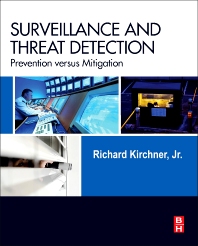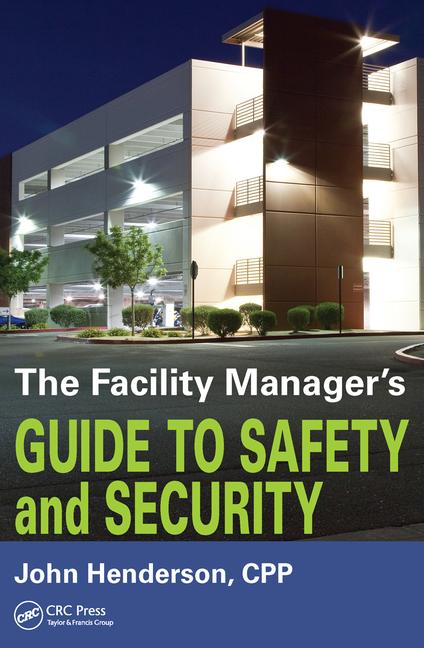More than 50 police chiefs from across the Western U.S. attended the nation’s first Remote Guarding Summit held in Los Angeles, December 3, 2015. Hosted by Elite ISI (www.eliteisi.com), the Summit was also supported by FBI-LEEDA, a law enforcement executive training organization. The summit trained law enforcement executives to work more closely with private industry remote guarding companies to better serve their communities.
Some goals of the summit included the following:
- elimination of false burglar alarms;
- reduction of law enforcement calls for service, particularly for nuisancealerts, by deterring criminal activity before it happens;
- enhancement of officer safety by providing real-time situational updates to responding units for crimes in progress; and
- prompt delivery of high-grade audio/video coverage and available documentation to assist in prosecution.
Every alert that comes into a remote guarding command center is overseen by remote agents trained to stop all false alarms. Besides saving police departments man hours and related costs, remote guarding offers more significant benefits to law enforcement.
Remote guarding is a sophisticated commercial security process that integrates systems, software and security agents to deliver 10 times the security of traditional security systems at roughly half the cost. Based on a forensic property analysis, custom monitoring systems are strategically installed on the client’s site. The remote agents monitor each site 24/7.
Armed with proprietary analytics technologies tied to monitoring systems on the client site, remote agents profile suspects and their actions. They determine whether to voice-down the suspect, dispatch law enforcement or do both. Verified remote agents are considered by law enforcement to be trained eye-witnesses to crimes in progress, warranting priority police response.
The remote agent remains in contact with police throughout the event giving them live suspect descriptions, positions and warnings of possible firearms. The agent acts as a police liaison, not only enhancing police safety but increasing the likelihood of an arrest. Arrest rates increase from less than 1 percent with burglar alarms to as high as 40 percent with remote guarding.
Jamboree Housing Corporation presented a case study to the Summit’s attendees highlighting the real-world benefits of remote guarding. Jamboree is a non-profit real estate developer of affordable housing (with enhanced resident services) in California. Elite Interactive Solutions provides remote guarding for Jamboree.
The case study focused on various incidents on one of Jamboree’s properties in Garden Grove, Calif. Of the 62,671 events monitored on the property over a 90-day period, 1,880 police calls were avoided, and 214 voice-downs warned off suspects. Of the 20 times police were contacted by Elite’s remote agents, 8 eventuated in arrests.
“This illustrates the powerful coalition of law enforcement and private industry,” said Keith Bushey. “Law enforcement would gladly pay for this kind of assistance from remote guarding companies. In fact, they cannot. But because of the potency of remote guarding, private industry can give back to their communities by offering these priceless benefits, free of charge.”





